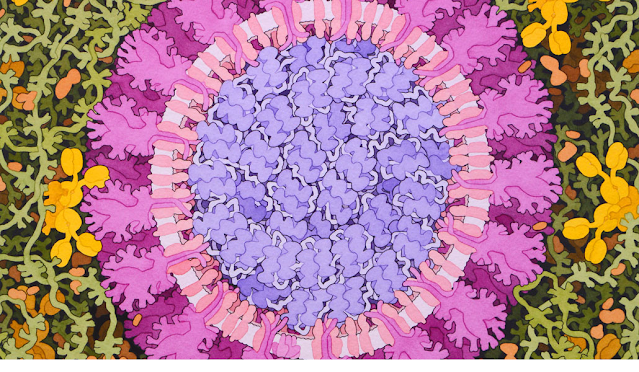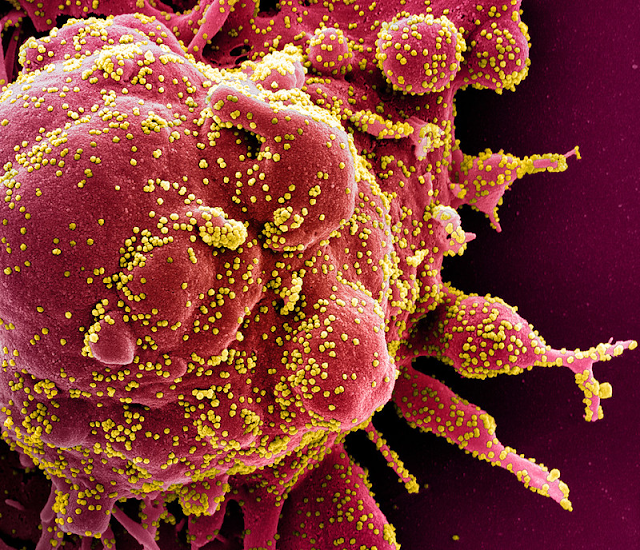The paradox of population health: Focus on personalized support for the greatest impact / Il paradosso della salute della popolazione: concentrarsi sul supporto personalizzato per il massimo impatto
The paradox of population health: Focus on personalized support for the greatest impact / Il paradosso della salute della popolazione: concentrarsi sul supporto personalizzato per il massimo impatto Segnalato dal Dott. Giuseppe Cotellessa / Reported by Dr. Giuseppe Cotellessa Addressing social determinants of health at the individual level will improve overall population health — but it requires a multidisciplinary team of experts working collaboratively. Abraham Maslow said in 1966, “I suppose it is tempting, if the only tool you have is a hammer, to treat everything as if it were a nail.” This mentality — known as the Law of the Instrument — indicates that people tend to rely on the tool with which they are most familiar. In a healthcare setting, that can translate into only using traditionally trained medical professionals to handle every situation, but in reality, some issues require a collaborative approach that includes other skills and experience. This is particularly releva

